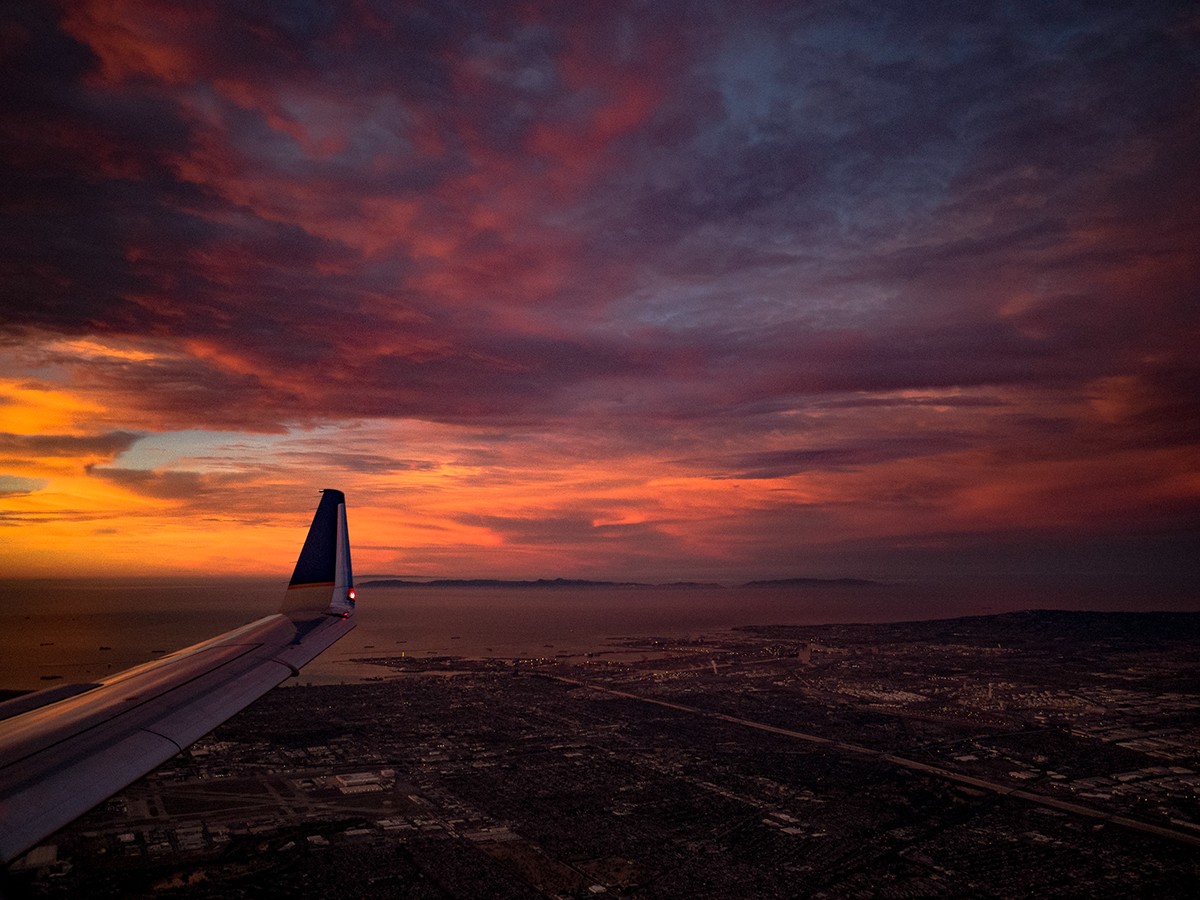Being able to travel is one of the biggest perks of being a freelancer. But one of the downfalls is that freelancers really don’t have the luxury of giving ourselves days off, or sick days. I mean, yes, we can get these, but it isn’t paid time off. And so how do you enjoy site seeing and exploring new lands without the guilt that while you’re making new discoveries, your bank account isn’t benefitting?
I wrote previously about time management and this is one situation where managing your time well comes into play and is extremely important. And with the internet and so many technological tools at your disposal, there is no excuse for not planning ahead and allowing yourself to enjoy every moment of your much-needed travels. Read on for four tips on how to travel and freelance successfully.
1. Plan your work ahead.
If you’re like me, you have a calendar (or a couple, including a notebook agenda and different apps) that list your deadlines and when you need to have certain deliverables ready to go in your outbox. Before you travel, set aside a night, ideally a couple days before you go away, to decide which deadlines are most important to hit before you leave and which you’ll feel comfortable hitting while on the road. As a freelancer, it’s important to always be prioritizing.
I know that I do a certain kind of writing better in some places than others. For some types of writing, I like to be in loud, noisy cafes where the background noise fuels my creativity. In other situations, I need to be in a library, or a sparse room where I can shut the door and all the noise to the outside world out in order to concentrate. You know where your best work is done; decide what you want to finish before you leave on your trip.
For the pieces you plan to take on your trip, make an inventory of what you’ll need. Yes, a laptop is typically the number one item on this list. Will you need any types of software or other resources, like books? Make an actual list and check off each item as you go, as if you were packing a suitcase.
2. Scope out your surroundings.
With the internet, there’s no excuse for not being prepared for where you’re going. Sure, you don’t want to ruin the mystery that is the small family-owned café on the side street with the best house made pasta. But you can do your research and find out whether or not where you’re staying has strong wifi, what cafes and coworking spaces are nearby, and what other travelers have found before you. Oh hail the glory that is the internet. Google it up, people, there is no excuse to not be prepared here.
Remember the inventory I mentioned above? Make sure that you save any materials you may need. For example, if you need certain photos or documents, save them to your computer. Do not rely on the wifi being available. Yes, after doing your due diligence, we will hope that the strong wifi signal holds. But just in case, you’ll be glad you took my advice.
3. Be honest with your clients.
I love being in touch with my clients, and this includes when I go on vacation. I may not be sending them postcards or snapchats from my latest tourist discoveries, but I always think it’s a great idea to let them know that you’ll be away from your home base for some time. Send them an email and let them know the dates you’ll be out of town, when you’ll return, and ask if they have anything pressing they need before you leave. Of course, feel free to follow up with a phone call (which I always prefer to email), but make sure that you have the email so that there is proof in writing that you’ve prepped your clients for departure.
4. Set aside time.
Yes, there is the benefit of traveling whenever you can, but since you still have to get work done, make sure that you make a time to do the work so you can enjoy your travels. Perhaps it’s before lunch or dinner. For some, it’s on the planes, train, buses, or boats that bring them to a location. Making a designated time to get work done will help lift some of the stresses from your shoulders and allow you to spend the time otherwise designated for work, enjoying being a tourist.
What else do you do to make sure you can travel and continue freelancing successfully? Let us know in the comments.
Allison is a former Creative Circle Account Executive, with a background in creative writing, content writing/strategy, publishing, and business development. Her world revolves around words and the relationships and interactions they inspire. Allison is now the Content Specialist at Raizlabs, a design and development firm in Boston and San Francisco.



